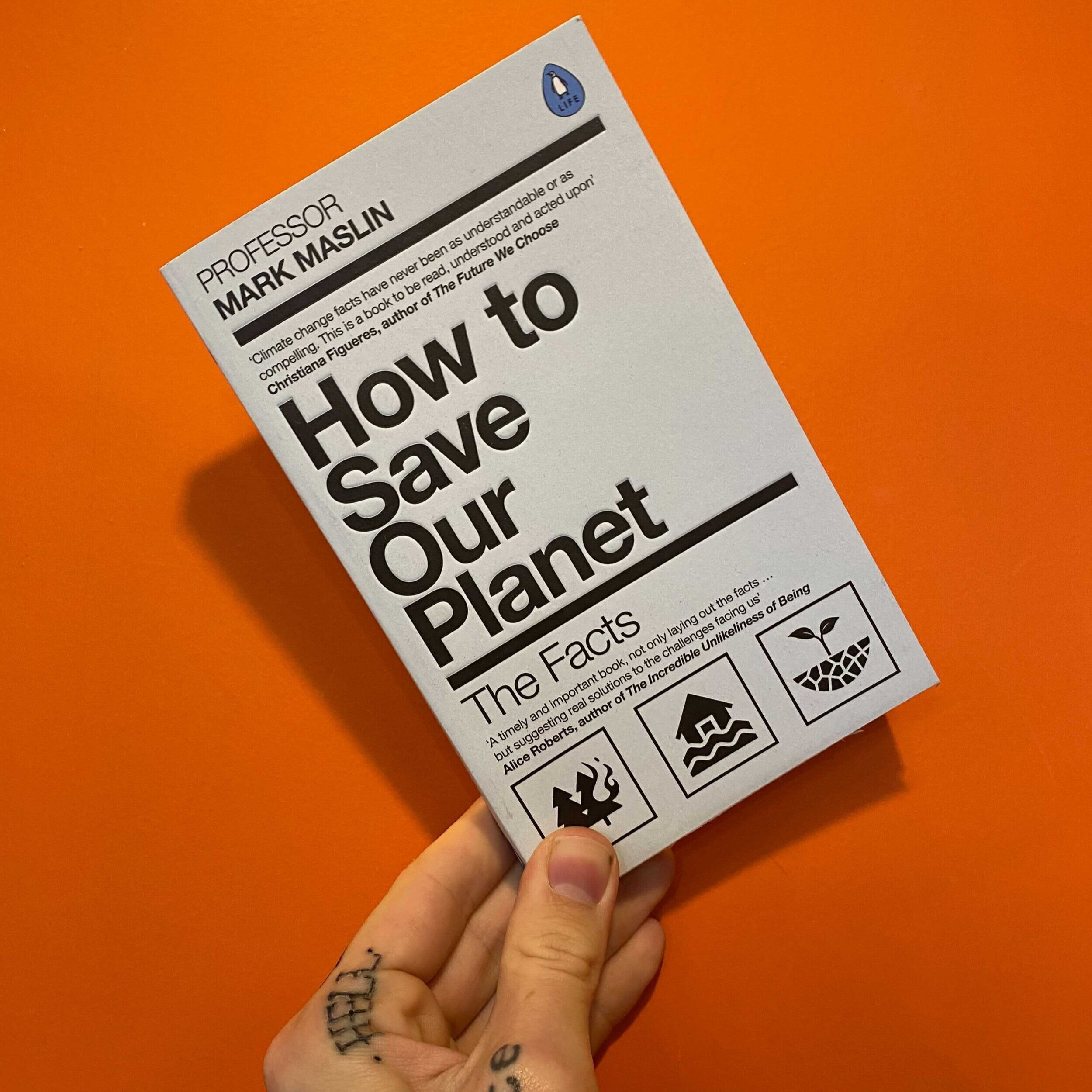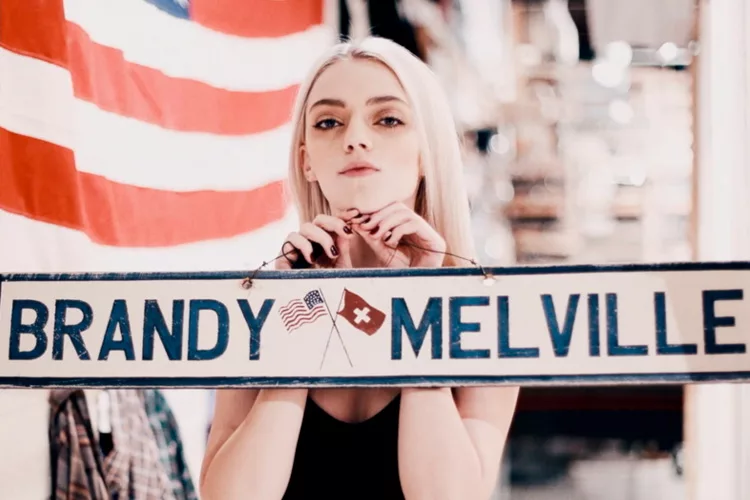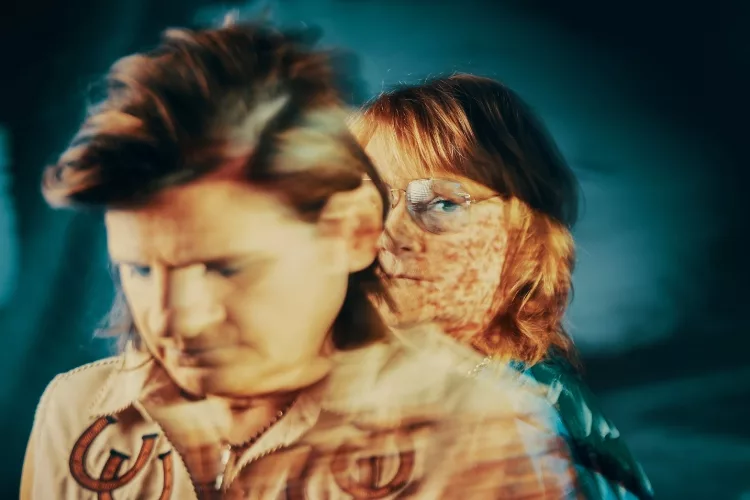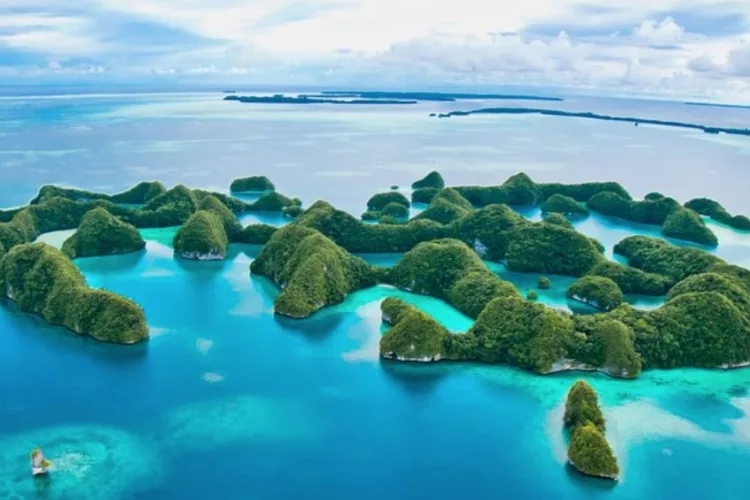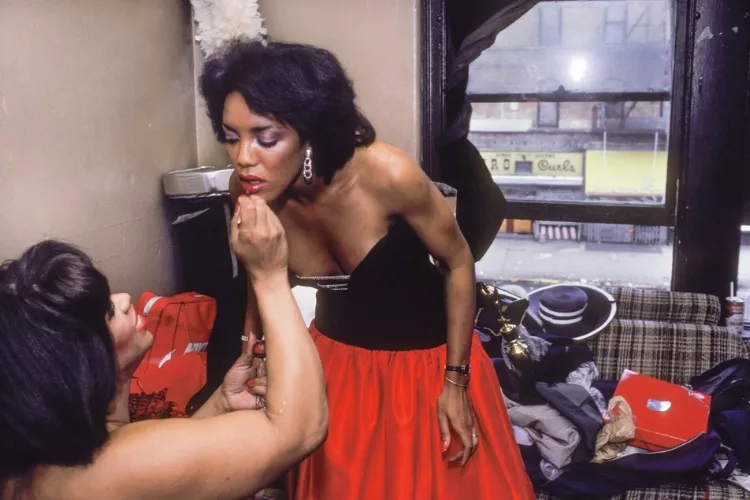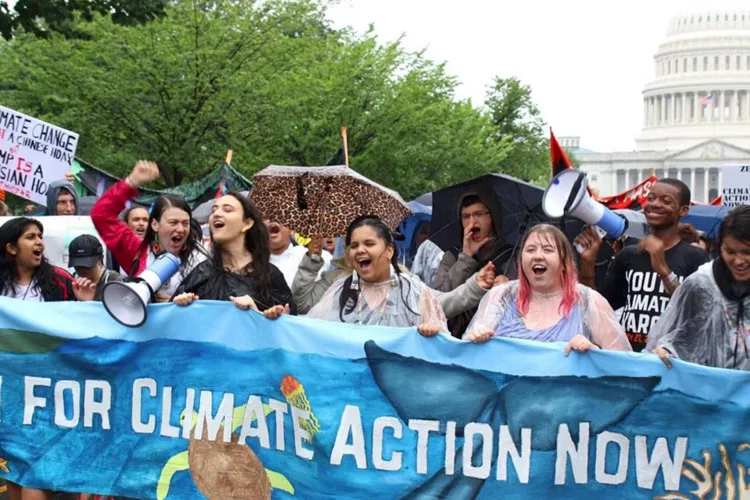READ: How to Save Our Planet | The Facts by Professor Mark Maslin
University College London Professor of Earth System Science Mark Maslin (UCL Geography) aims to arm everyone ‘from the pub to Parliament’ with facts from his new book on climate change so that we can act together to save the planet.
From the publisher:
How can we save our planet and survive the 21st century? How can you argue with deniers? How can we create positive change in the midst of the climate crisis?
Professor Mark Maslin has the key facts that we need to protect our future.
Global awareness of climate change is growing rapidly. Science has proven that our planet and species are facing a massive environmental crisis. How to Save Our Planet is a call to action, guaranteed to equip everyone with the knowledge needed to make change.
Be under no illusion the challenges of the twenty-first century are immense. We need to deal with: climate change, environmental destruction, global poverty and ensure everyone’s security.
–We have the technology.
–We have the resources.
–We have the money.
–We have the scientists, the entrepreneurs and the innovators.
We lack the politics and policies to make your vision of a better world happen.
So we need a plan to save our planet…
How to Save Our Planet is your handbook of how we together can save our precious planet. From the history of our planet and species, to the potential of individuals and our power to create a better future, Maslin inspires optimism in these bleak times.
We stand at the precipice. The future of our planet is in our hands.
It’s time to face the facts and save our planet from, and for, ourselves.
Get it here or at your local library!
WATCH: Fashionscapes – A Circular Economy
A new film by acclaimed director Andrew Morgan and Livia Firth challenges the fashion industry to address real circularity
The latest episode of Fashionscapes uncovers how fashion’s big chance to embrace circularity and escape a destructive take-make-and-waste model is being undermined by greenwash and oil, and why circular fashion is worth fighting for.
Andrew Morgan (award winning director of The True Cost) and Eco-Age founder and creative director Livia Firth, release Fashionscapes: A Circular Economy, the fifth in the investigative short documentary series available on Eco-Age TV and Fashionscapes.co.uk.
After traveling the world exploring supply chains and the biggest issues facing the fashion industry today, Livia Firth takes a deep dive into the circular economy to find out more about the industry’s latest buzz word and attempt to become fully circular.
Fashionscapes: A Circular Economy reveals a faux circular economy that dominates the industry and how instead of significant change and transition to a more socially and environmentally just industry, circularity is in the process of being coopted.
Fashion’s circular economy which is valued at potentially five trillion dollars [source: Vogue Business] promises to at once decarbonize and solve fashion’s overproduction problem. Not surprisingly ideas and messaging from the circular economy have been taken up enthusiastically by brands and retailers. But as Livia and Andrew find out in the course of their interviews with experts on ecosystems, production and circular economy, the circular economy as it applies to fashion is in big danger.
The film warns how circular economy is in danger of being hijacked and fashion could lose the opportunity to change with millions of global citizens who love the industry unaware that they are trapped in a linear economy and that they are complicit in a system of “over production for over consumption” driven by the models of production like fast fashion.
With a staggering 100 billion garments produced per year, the stakes could not be higher.
Fashionscapes: A Circular Economy sees Morgan and Firth gather the brightest visionaries for a conversation on how to bypass the lies and transform the way we make clothes and begin to build a truly circular economy.
One of the biggest misconceptions around a truly circular economy is that plastic is infinitely recyclable and ever-growing power struggle between synthetic and natural fibres. The film explores how consumers are often misinformed on the environmental impacts of man-made fibers, through interviews with experts such as Veronica Bates Kassatly and Australian woolgrower, Charles Massy who reveal how claims are often not even backed up by data or evidence.
As in all the Fashionscapes episodes, central to Morgan and Firth’s investigation is exposing how there is little to no mention of the people behind the industry when environmental impacts or sustainability is spoken about and the catastrophic impact on them – like in the closing moving chapter of Kantamanto in Ghana.
“We need to deepen our storytelling of one specific kind of story Namely a story than can allow us to imagine a future filled with possibility. The kind of story that can elbow its way in front of dystopian visions. When I say we need to become better story tellers, I mean that we need to become wiling and skillful tellers of visionary stories of how things turn out ok and work back from there”
“This film was incredibly special to create, as over the years as we’ve travelled, documented and campaigned about the issues in the global fashion industry, we’ve heard the same refrain from big businesses about reaching a magical place where we have a circular economy and it being the solution, says Andrew Morgan.
“This idea has been used to allow big corporations to put a recycling bin in a store for example whilst continuing to use supply chains that wreak havoc on the natural world and the phrase has been used as a marketing tool and to encourage greenwashing. It is a privilege to have spoken to people who are being affected firsthand and those who are pioneering incredible solutions to tackle this”.
The movie has been produced by UnTold LA and shot in countries across the world using local crews complying with covid regulations, with the support of Pulse Films Italia.
See the entire series here.
Related Articles
The problem with fast fashion’s “green”, “conscious” and “eco” collections
Wear What You Already Own – How to Make it Easy

